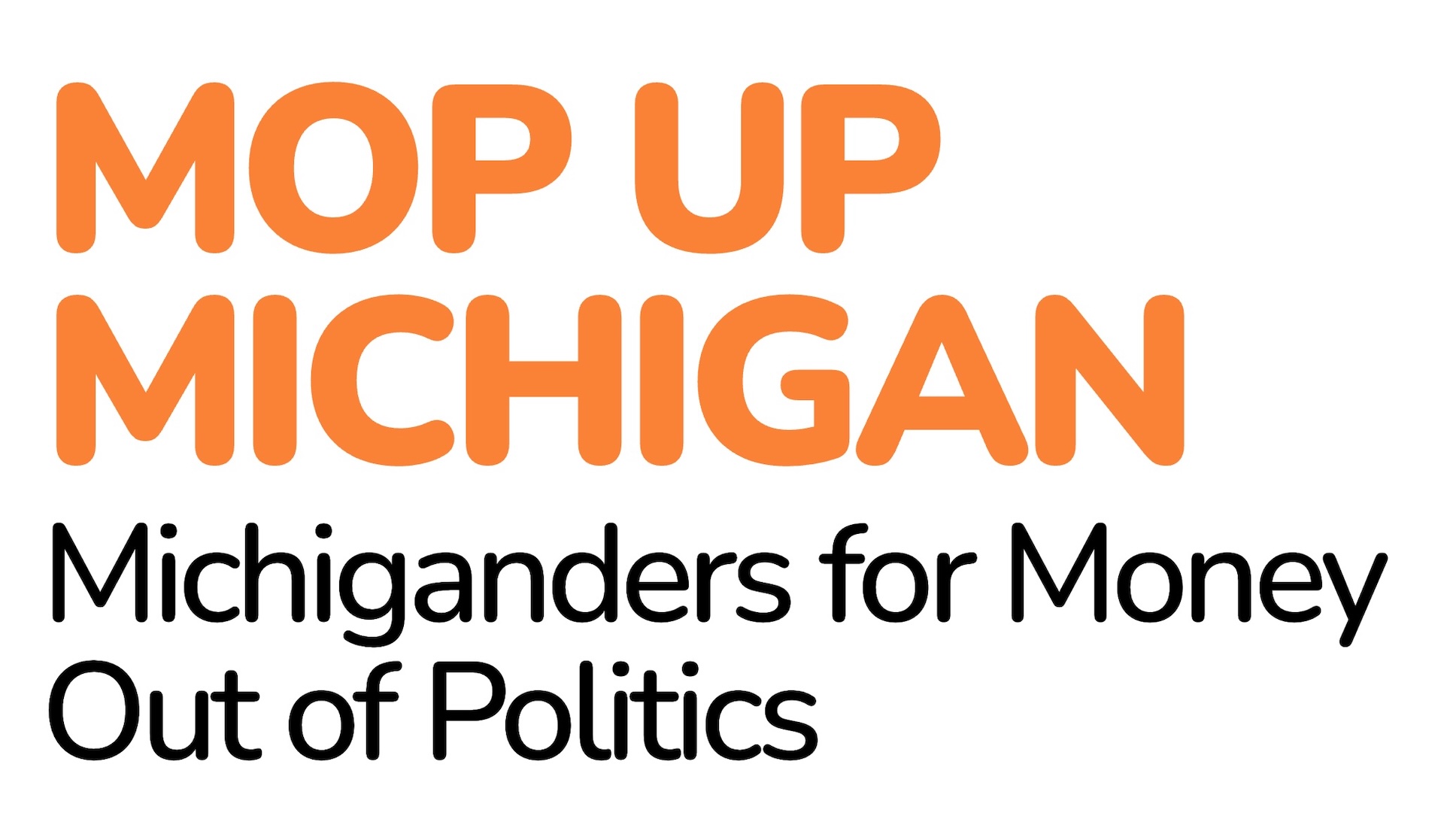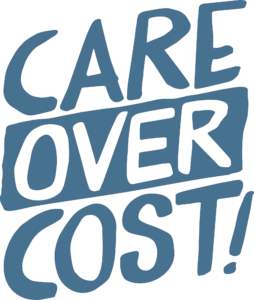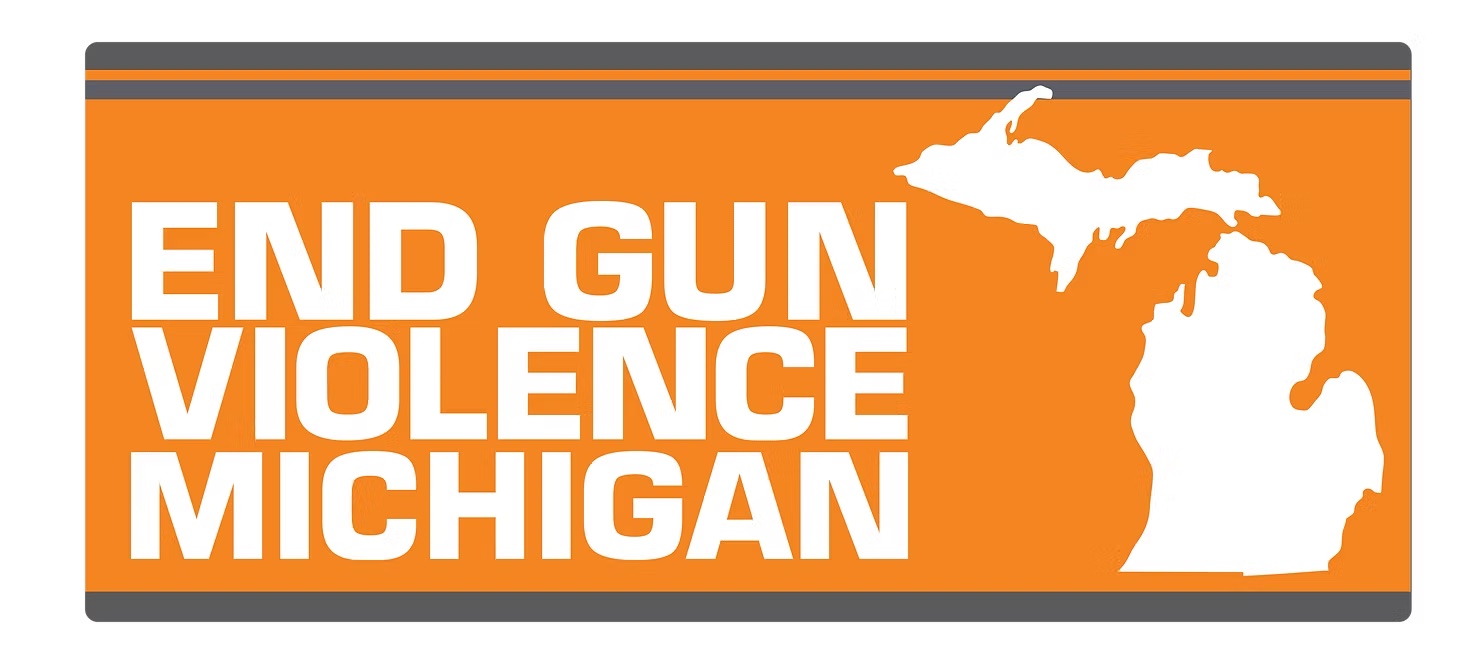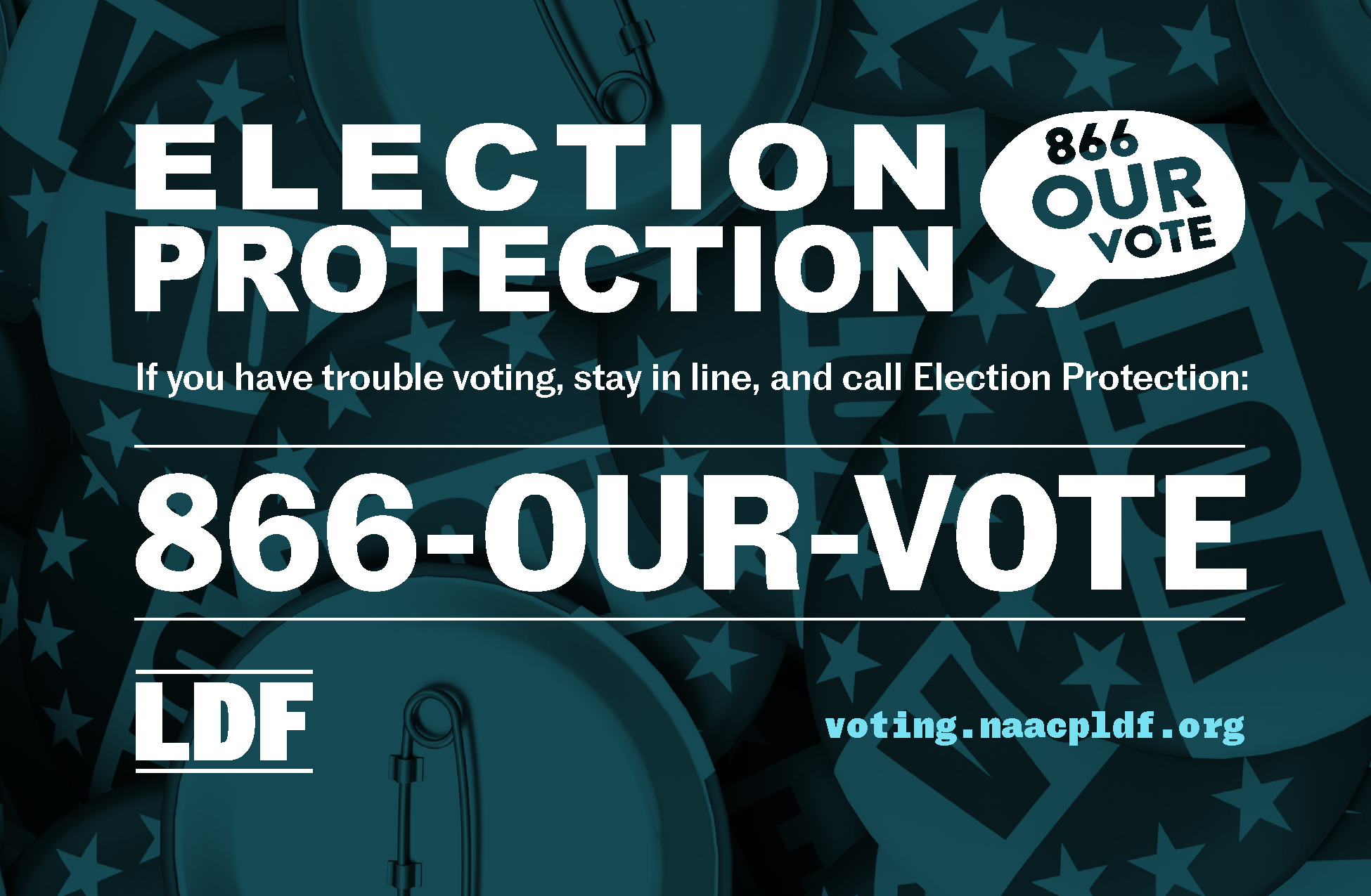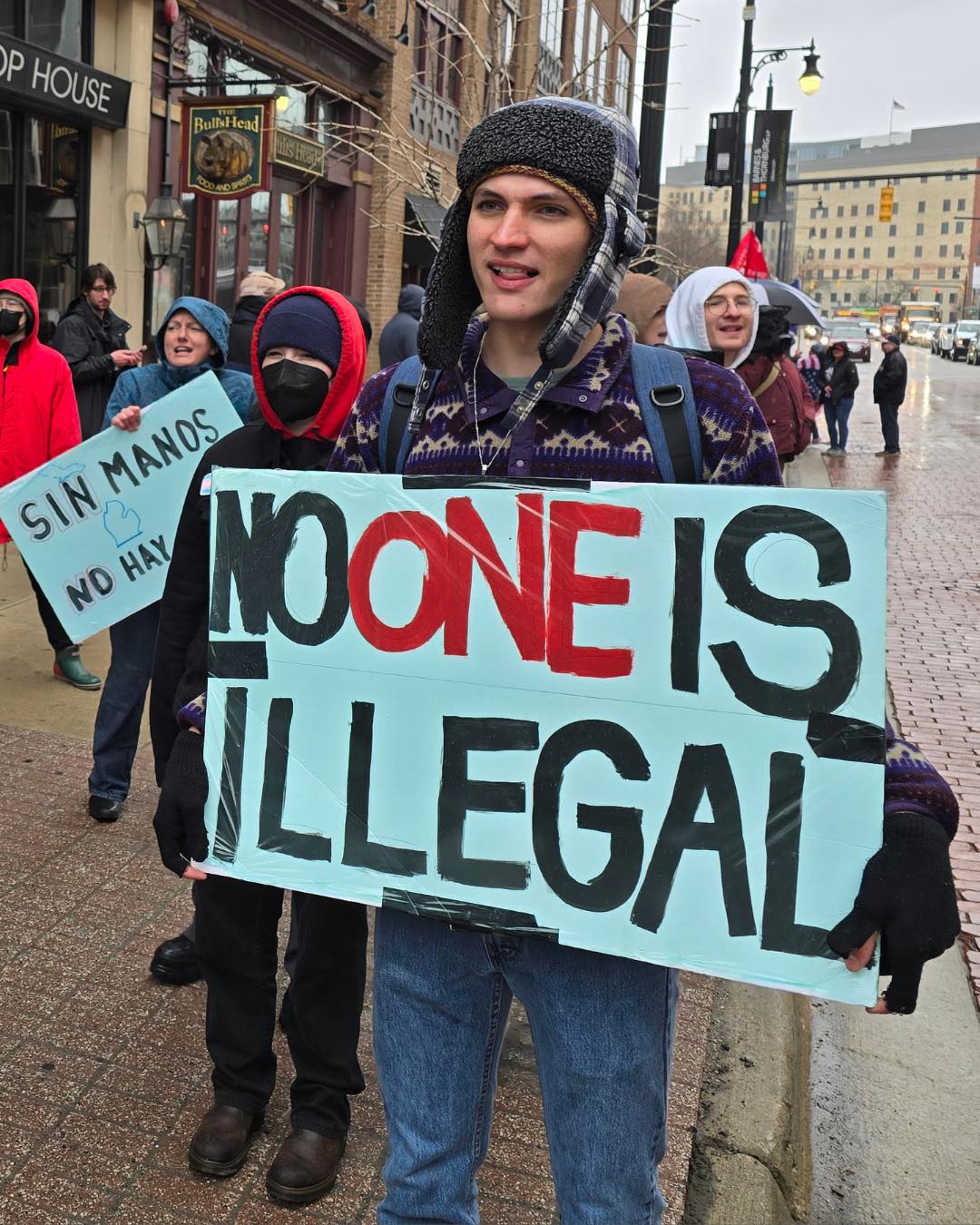News & Media
May 28, 2025
Use this "Trump II GPT" to discover what's in the executive orders and the impact on your daily life.
Tap here or at above right to join Project 3.5. Our mission is to organize 3.5% of Michigan and put an end to policies like these.
President Trump has long positioned himself as a champion of the working class, but his executive orders and policy proposals tell a very different story. From drastic cuts to Medicaid and Social Security to economically harmful tariffs, Trump’s agenda threatens the very programs and protections that working-class Americans depend on. Here’s how these key policies would directly harm millions of families, seniors, and low-wage workers across the country.
Medicaid Cuts: A Blow to Health and Public Safety
Given his promises to increase government program efficiency — including in the Energy and Commerce Committee that governs Medicare and Medicaid — but not cut Medicare, the fact that 95% of all non-Medicare federal spending is allocated to Medicaid has led Trump to cut Medicaid funding in staggering ways.
Medicaid cuts would devastate millions of low-income Americans, particularly children, people of color, and individuals with disabilities. Medicaid isn’t just the nation’s largest public health insurance program; it also plays a vital role in crime prevention, mental health treatment, and public safety.
If enacted, Trump’s Medicaid proposals would slash hundreds of billions from Medicaid and SNAP programs, shifting more costs to states and ultimately resulting in fewer people being covered. These cuts would reduce access to mental health and substance use treatment — services that are crucial to reducing crime and keeping communities safe.
LEARN MORE ABOUT THE IMPACT OF MEDICAID DEBT HERE
Medicaid provides health coverage for low-income households, in which people of color, including Black, Latino, and Indigenous families, are disproportionately represented. It also supports pregnant workers, the elderly, and people with disabilities. Consequently, people of color, children, and other vulnerable groups would be hit the hardest by cutting Medicaid benefits. Slashing funding would worsen health disparities and long-term economic inequality for these groups.
Worst of all, these attacks on Medicaid aren’t about fiscal responsibility; they’re about lowering taxes for the wealthiest Americans. The EPI notes that the Trump administration’s prior efforts to slash Medicaid coincided with major tax cuts for the rich, forcing working families to bear the burden.
Social Security Changes: Making It Harder for Seniors to Get Benefits
Trump has also supported damaging changes to the Social Security Administration (SSA) that threaten the economic stability of seniors and disabled Americans. While he claims he won't cut Social Security itself, the proposed Trump Social Security policies and Republican plan to cut Social Security jobs would severely limit access to these critical benefits. As of early 2025, Trump’s team was considering a radical restructuring of Social Security that could reduce future payouts by tying benefits more closely to fluctuating market conditions.
Meanwhile, cuts to SSA staffing have already made it more difficult for people to access benefits, including individuals with disabilities and other vulnerable populations who often need the most help. Per Trump’s executive order, the SSA saw the most trenchant number of layoffs in decades, cutting more than 7,000 federal jobs. This has already resulted in backlogs, delayed processing times, and closed field offices, particularly in rural and low-income communities.
Tariffs: Higher Prices That Hit Working Families the Hardest
Trump’s aggressive tariff policies have been touted as “America First,” but in reality, they function as a hidden tax on the working class. Trump tariffs increase the cost of everything from clothing and furniture to electronics and food — costs that most American families cannot absorb easily. Those tariffs hurt consumers, and price hikes are especially punishing for low-income and working-class families, who spend a larger share of their income on consumer goods.
The Center for American Progress warns that this policy has not revived American manufacturing as promised. Instead, the impact of Trump tariffs has sparked retaliatory tariffs from other countries, increased production costs for US businesses, and led to job losses in industries that rely on imported parts and materials.
Worse, tariffs not only act as a regressive tax but also slow economic growth and disrupt global supply chains, leaving American businesses less competitive. Despite these consequences, Trump has doubled down in his efforts to move forward with tariffs.
You Can Fight Trump Policy Agendas That Leave Working Americans Behind
While Donald Trump often claims to be fighting for the forgotten American worker, his actual policies tell a starkly different story. His policies serve the interests of the wealthiest Americans and large corporations — leaving working-class families to foot the bill.
However, you can do your part to stand up for working-class America. Getting involved with social justice nonprofit efforts can not only make your voice heard but make local and state leaders enact legislation and policies that truly serve the forgotten American worker. If you live in Michigan, Michigan United wants to hear from you.
Fight for Working-Class Rights With Michigan United
Michigan United is a broad, statewide coalition working to reform our broken health care and immigration systems, protect our environment, end mass incarceration, and make essential services accessible to all.
We are at a critical moment in our nation’s history as we prepare to confront the troubling realities of our political climate and Trump’s executive orders. Our democracy and basic rights are under siege. If you’re wondering what you can do, Michigan United is here for you. We have campaigns in place to protect Michiganders from all forms of injustice, which means you can make a difference in the areas that matter to you, right here, all in one place.
The Trump administration is attacking everything we care about. We are working to build a home for Michiganders. We are a hub for people-centered leadership development, issue organizing, and civic power-building. We are movement builders.
Ready to do something now? Join us by becoming a member, volunteering with us, or getting involved with one of our projects. Start driving the reality of change today!
If this has value to you, support it
Join Project 3.5
We want to organize 3.5% of Michigan, tear down the barriers of inequality and replace what remains with dignity and opportunity.
Choose from:

The Michigan United Black Polo
A comfy, smart-looking polo you can wear to work, in meetings or anywhere you go.
The "Rent is Too Damn High" Black Hoodie
State the obvious. Wherever you go.
The Michigan United Black T-shirt
The official uniform of the Movement
Get custom Michigan United gear here
Wear the Struggle
Ready to wear, perfect for the Revolution.
Each sale pays Michigan United $10. Order now, add a couple to your rotation and show your commitment.
Clothing products are made from cotton or a cotton/poly blend, each is perfect for showing your support anywhere. Descriptions come with sizing charts to help ensure a good fit.
Most orders ship in about 1 week, then take 2-5 business days in transit before arriving at their destination.


